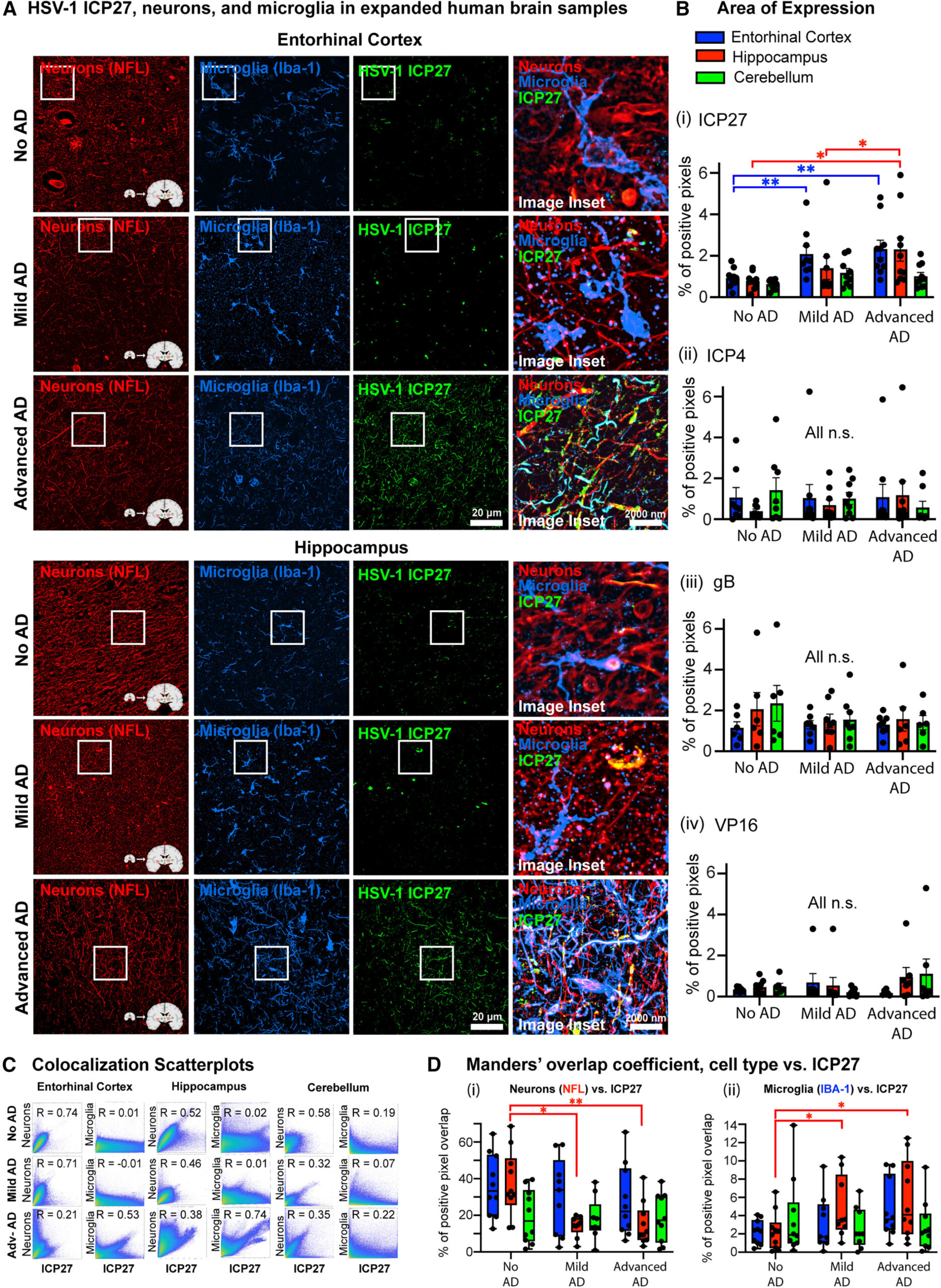A recent study by UCLA Health has further explored the cognitive benefits of speaking multiple languages, finding that multilingualism does not only boost general cognitive skills but also may help improve executive function and ease specific symptoms related to autism in children, both with and without the disorder.
Published in the journal Autism Research, the study adds valuable evidence to the growing body of research showing how speaking multiple languages enhances cognitive abilities across various domains. The research focused on the positive impact multilingualism can have on executive function, which includes cognitive skills such as inhibition, flexibility, working memory, and perspective-taking. Furthermore, the study also looked at core autism symptoms, revealing how multilingualism might play a role in reducing repetitive behaviors and fostering better social communication skills.
The study, which involved more than 100 children aged 7 to 12, focused on those from both monolingual and multilingual households. A key aspect of this study was its inclusion of both autistic and non-autistic children, allowing researchers to explore whether bilingualism might benefit all children in similar ways or if there were distinct differences between the two groups.
For context, executive functions are a set of cognitive abilities that allow individuals to perform tasks that require higher-level thinking and complex mental control. These abilities are often more challenging for children diagnosed with autism, particularly in areas like working memory, emotional regulation, and cognitive flexibility. Executive function difficulties are central to the autism spectrum disorder (ASD) diagnosis and can make daily activities, including interacting with others, navigating social situations, and managing tasks at home or school, more difficult.
In this study, the parents of the participating children were asked to score their children’s executive function skills, including inhibition (the ability to filter out distractions or resist acting impulsively), working memory (the ability to retain and manipulate information in one’s mind, such as recalling a phone number), and shifting (the ability to switch from one activity or task to another seamlessly).
Interestingly, the results showed that multilingualism was associated with stronger executive function in children with and without autism. Specifically, the study revealed that children raised in multilingual environments performed better in terms of inhibition (reducing distractions and impulses), shifting (the ability to switch between tasks more effectively), and perspective-taking (the ability to understand other people’s thoughts and emotions).
Dr. Lucina Uddin, the study’s lead author and Professor of Psychiatry and Biobehavioral Sciences at UCLA, explained the mechanisms behind these results. “It turns out that speaking multiple languages, whether or not you have a diagnosis of autism, is associated with better inhibition, better shifting or flexibility, and also better perspective-taking ability,” said Dr. Uddin. One explanation for this lies in the way bilingual children manage two different linguistic systems. “If you have to juggle two languages, you have to suppress one in order to use the other. That’s the idea, that inhibition might be bolstered by knowing two languages,” Uddin said. Essentially, by switching between languages, children develop stronger cognitive control, which may extend to other tasks requiring inhibition or the ability to switch between activities.
Beyond cognitive improvements, multilingualism appeared to positively affect some of the core symptoms commonly associated with autism. The study found that multilingual children, particularly those with autism, experienced benefits such as enhanced communication skills and reduced levels of repetitive behaviors, which are common in ASD. The ability to shift between tasks and better understand the perspectives of others also improved in multilingual children, irrespective of whether they had an autism diagnosis.
Parents have expressed concerns in the past that raising a child in a multilingual environment might cause delays in language acquisition, especially for children with autism. Such concerns stem from the idea that learning more than one language could potentially overwhelm a child, making language development more difficult or causing confusion. However, the study’s results contradict these concerns. Dr. Uddin emphasized that there is no evidence from the study to suggest any negative impacts of multilingualism on a child’s developmental progress. On the contrary, the research indicates there may be significant long-term benefits to raising children in a multilingual environment.
“The big takeaway is we don’t see any negative effects of speaking multiple languages in the home,” Uddin noted. “It’s actually beneficial to celebrate all the languages associated with your culture,” she added, promoting a positive view on the role of bilingualism in childhood development.
Given the positive findings, Dr. Uddin and her team are expanding their study to better understand the complexities of how multilingualism interacts with executive function in children with autism. The expanded study will recruit more participants—about 150 children with autism—and include additional testing on language skills, executive function, and brain imaging to provide a deeper look into the cognitive processes involved.
The growing body of research on the cognitive benefits of multilingualism suggests that learning and using multiple languages does more than just broaden a child’s communication skills—it also contributes to overall cognitive development. Multilingualism appears to exercise and strengthen important brain functions that help children in both academic and social contexts. For children with autism, these findings are especially promising, as they imply that multilingual environments could aid in managing core symptoms while simultaneously improving overall cognitive abilities.
Overall, the results of this study reinforce the notion that multilingualism holds substantial value in child development. Whether the child has a neurotypical developmental trajectory or faces challenges such as autism, multilingualism enhances cognitive functions like memory, perspective-taking, and flexibility, all of which play an essential role in managing everyday tasks and interactions. This research not only highlights the broad cognitive advantages of being raised in a multilingual household but also offers hope and validation for parents concerned about the impact of multilingualism on children with autism, encouraging them to continue nurturing these vital skills.
Reference: Celia Romero et al, Multilingualism impacts children’s executive function and core autism symptoms, Autism Research (2024). DOI: 10.1002/aur.3260






